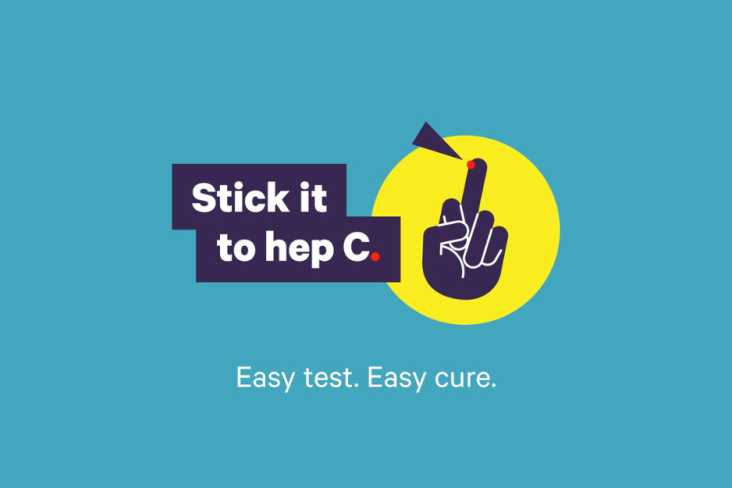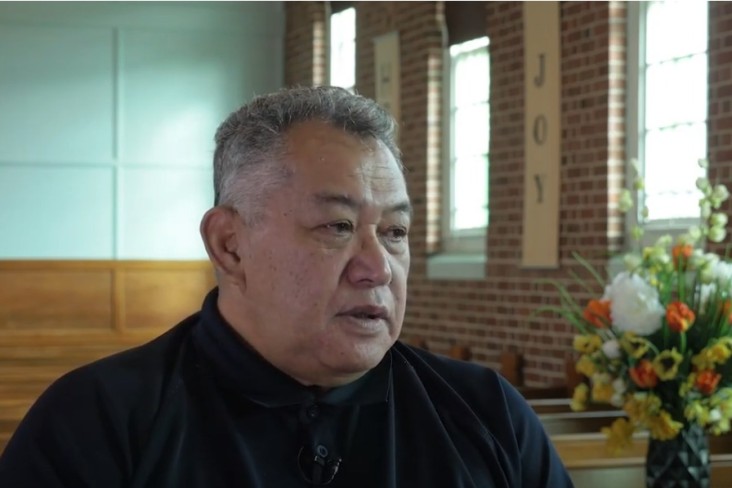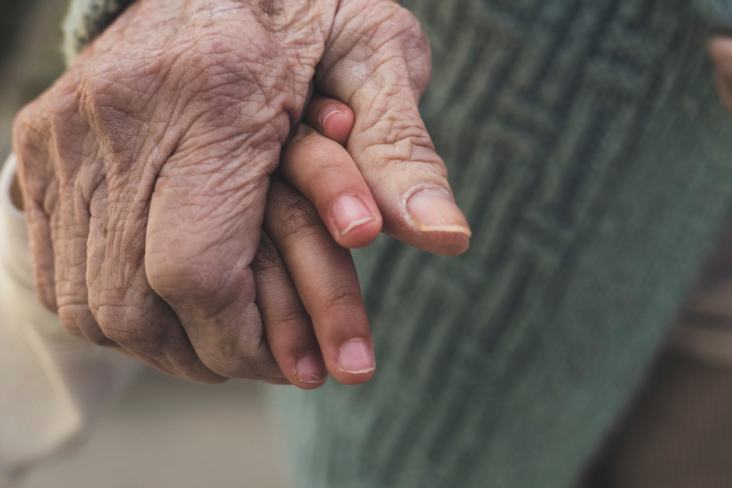Getting Through Together - Te Hau Toka's recommended framework for agencies for community wellbeing and disaster recovery - released 25 March 2025
Psychosocial support is a vital part of disaster response and recovery, particularly after large-scale events that impact entire communities. It provides emotional, practical and social support to help individuals cope with and adjust to life after a disaster. While around three-quarters of New Zealand’s population is generally considered ‘mentally well,’ wellbeing can be affected by life events, meaning extra support may be needed to regain balance during difficult times.
In the aftermath of a large disaster, our health system and healthcare workers will be under significant strain, with communities facing heightened mental and physical distress, isolation and overwhelm. Rural communities will face additional challenges due to fewer local services and limited access to support. Initially, a shared experience can create strong bonds among affected communities, but as time passes and people’s circumstances change, community needs will evolve. This requires a more flexible, phased approach to ensure no one is left behind.
Te Hau Toka is keen to share its insights, successes and lessons learned with agencies and communities to help shape future emergency preparedness and responses. Drawing on research, collective expertise, and Te Tiriti o Waitangi principles - partnership, active protection, mutual benefit, and equity - the group proposes the ‘Getting Through Together’ framework. This community-led, evidence-based, phased approach to wellbeing prioritises promotion, prevention and early intervention, ensuring all communities are included, valued and receive equitable support. Read the framework.
Te Hau Toka independent evaluation report - released 8 July 2024
This independent evaluation reviews Te Hau Toka's three-year programme of work to help address the mental health impacts of COVID-19 in the Southern Lakes region. A key takeaway is the power of collective community action, with the evaluation finding that building community capacity and resilience by giving people the tools, education and support to look after themselves – and others – is critically important in helping them recover from adversity. The report also details the efficacy of Te Hau Toka's key initiatives, including the Connecting Communities microfund; larger partnerships with well-known local organisations; the NZ-first implementation of the internationally acclaimed Youth Mental Health First Aid training and pilot programme; community mental health promotion, education and information; having Community Navigators/Wellbeing Co-ordinators on the ground to support communities, and the role of communications and community engagement. Read the full report.
Mental Health Foundation report - released June 2024
The Mental Health Foundation commissioned a research report to understand the impact of Cyclone Gabrielle and other extreme weather events on wellbeing. Over 1,500 people from affected regions revealed a clear theme: community is the key to getting through tough times. People also noted that they wanted more social events, activities, and nurturing of community spirit to help boost their wellbeing. Read the full report.
Youth wellbeing report - released 22 March 2023
This report channels the voices of over 140 students throughout Southland on what it will take for youth mental health and wellbeing to thrive. Four main themes emerged - a larger diversity of people in leadership roles, needing safe spaces, more exposure to new ideas and opportunities, and to be heard and empowered in their communities. Read the full report.
Employment Hero Wellness at Work Report 2022
Employment Hero has surveyed 6,000 professionals across NZ, Australia, Singapore, Malaysia and the UK to get a sense of how ‘well’ people are feeling at work and learn how businesses can best support their teams. We encourage you to download their Wellness at Work Report 2022 which uncovers some important trends in workplace wellbeing and explores helpful insights into improving your employee wellness.
Community-led report highlights ways to improve mental wellbeing in the Southern Lakes region
Reports
Summaries of the co-design process and the Expert Design Challenge are available here:
Background and key findings
Community-led wellbeing initiatives are vital elements in alleviating the mental health impacts of COVID-19, according to reports commissioned by the Te Hau Toka Southern Lakes Wellbeing Group in late 2021.
The reports show that continuing to foster initiatives that improve social connections, support and broader equity and inclusion helps build longer-term community resilience. And they point to locally-driven projects as the bedrock of the recovery, resilience and future wellbeing of the Southern Lakes community.
Local initiatives have enabled better promotion of exercise and social recreation, access to authentic peer-to-peer sharing and conversation, and easier access to counsellors. Direct one-to-one support for business owners covering both self-management and business management was also referenced frequently.
The report notes that pre-existing deficiencies in core social infrastructure have been exacerbated by COVID. While many of these issues fall outside the scope of Te Hau Toka’s funding ability, the group hopes they will provide important context and evidence for other organisations to use for future planning.
The report suggests that the best way to alleviate the mental health impacts of COVID is to bolster existing community initiatives and support the development of new approaches that communities see as beneficial. Ideally, these diverse community projects will be supported by an overarching story that “shines a light on the connectedness and togetherness of the people” and celebrates the powerful possibilities that COVID has opened up for the Southern Lakes region.
The report was co-designed by the community and experts to determine the mental wellbeing challenges facing communities in the Southern Lakes region as a result of COVID-19. It gathered ideas from the Te Anau, Cromwell, Wānaka and Queenstown communities about how Te Hau Toka could best help support their mental wellbeing.
Leadership Lab was commissioned by Te Hau Toka to manage the co-design process and produce a report providing a clear community voice and expert analysis. The findings were informed by three strands of enquiry:
- A Listening Team process which gathered the perceptions of affected communities
- Exploring the insights and perceptions of community-based service providers
- An Expert Design Challenge drawing on the knowledge of people with direct experience of supporting communities dealing with COVID or other relevant disasters
The Listening Team comprised 14 local community members from different geographic and demographic areas who conducted 267 conversations with individuals and small groups across the Southern Lakes communities. It targeted five priority groups – youth, migrants, businesses, older people, and new parents. The conversations explored challenges to the individuals’ mental wellbeing in the COVID-19 context and ideas they thought would be helpful.
Community-based service providers were surveyed and results aligned with the Listening Team results, adding more insight into the availability and usefulness of services.
The Expert Design Challenge ran in parallel to the co-design process. Contributors with experience and expertise in areas ranging from Clinical Psychology, Mental Health, and Population Health, through to Anthropology, Whanau Ora Commissioning, Nutrition and Human Performance, and Disaster Recovery were selected and invited to participate.
Key challenges identified through the community listening process were a lack of social connection, anxiety/stress/uncertainty, financial challenges, reduced wellbeing/health, lack of counselling/health facilities, whānau stress, visa/employer challenges, lack of Information, and vaccination disputes.
Community ideas for addressing challenges were fostering social connection, support for wellbeing, physical health, and childcare, birthing/antenatal, migrant and other practical supports.
While COVID has highlighted shortcomings in the social infrastructure, it has also stimulated a wide range of positive and, in many cases, inspiring responses.
People in all areas referenced the benefits of more family time and more space for social connection and conversation. They talked about the support they received from whānau, friends, neighbours, schools, counsellors, youth workers, community events and community organisations. Financial stress has been a central issue for many, with the business and migrant communities noting that COVID relief packages and financial support have been “life-savers”.
COVID has also prompted a number of people to take stock of their lives and reset and re-evaluate their future goals and plans. While many businesses have struggled, some have evolved new and more sustainable business models. There is also an emerging awareness of the need for change in the region’s broader economy.
A Recommendations Framework has been developed based on the combined findings. It outlines how Te Hau Toka could best support communities to look after their own, and each other’s, mental wellbeing with ideas from the community and experts on how to maximise change.
The framework is being used to form an action plan with short, medium and longer term initiatives to improve community wellbeing. This will help Te Hau Toka allocate its funding in the most impactful way and in alignment with the three ‘Promotion and Prevention’ Focus Areas of the Kia Kaha, Kia Māia, Kia Ora Aotearoa Plan (page 7).
Initiatives already in place include Te Hau Toka’s Connecting Communities fund, extra Mental Wellbeing Navigators for the region, improved communication, and better access to information about services and support. The Traffic Light Guide, in particular, has been seen as a helpful resource which other regions, including Dunedin, West Coast and North Canterbury have replicated. Te Hau Toka is also working with a range of partners on larger projects.


